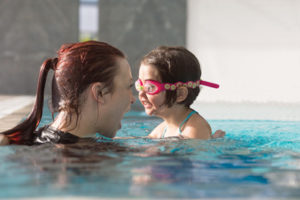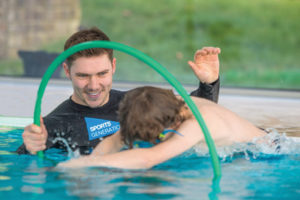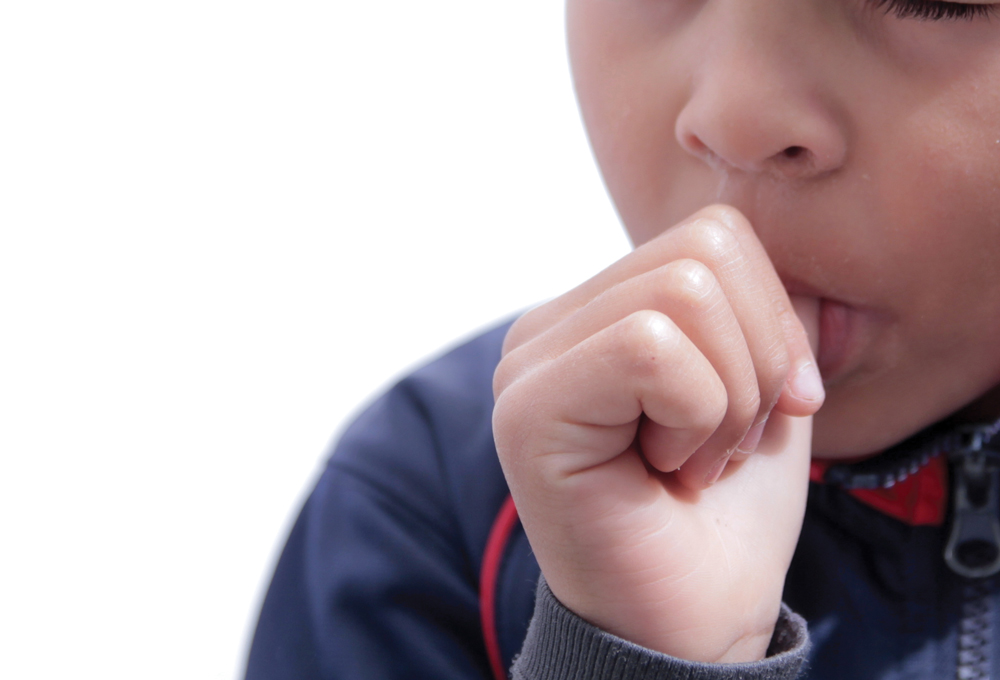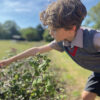
Whilst restrictions ease, lots of us are feeling a little overwhelmed, living in anticipation of what’s to come. After all, if the past year has taught us anything it’s that we can never predict what lies around the corner. Although, for children with special needs, including autistic children, this can be particularly stressful; the difficulties they face amid such uncertainty often cause more extreme levels of anxiety and therefore require specific, informed consideration.
This is supported by recent research which suggests that some autistic children have experienced ‘worsening in behavioural, social and developmental domains’ during lockdown, with this ‘success or failure’ often being ‘directly related to how their parents coped’ and how they ‘accommodate to the child’s needs’ (Latzer, Letiner, & Karnieli-Miller, 2021). Seemingly, we must understand how autistic children are struggling and proactively support them, embracing any and all professional advice along the way.
However, understanding exactly how we, as parents and/or caregivers, can best support autistic children during an unprecedented and turbulent period isn’t easy. Trevor Elliott MBE is the Managing Director of Kennedy Elliott, an organisation which provides care and accommodation for children and young people aged between 11-25 who have experienced extreme disadvantages. Trevor is a foster parent himself, as he has been for the past five years, and cares for several young people – including a young person with autism.
Trevor understands the difficulties autistic children face and here highlights his tips and insights that’ll help you support your autistic child over the next few months and beyond.
1. Maintain a consistent routine.
It’s widely acknowledged that children with autism cope best when their daily routines are kept consistent, unchanged and uninterrupted. Routines are a source of comfort for those with autism, whilst many experts believe that this helps them to express their feelings. Of course, the pandemic, and subsequent easing of restrictions, has changed everyone’s routine and continues to do so; there’s nothing that could have been done, or can be done, to maintain our pre-pandemic routine in its entirety. This is incredibly stressful for children with autism, not only are their routines now very different, we continue to be surrounded by uncertainty as restrictions are incrementally lifted and, ultimately, we await a very different world post-pandemic.
Fortunately, there are steps that you can take as a caregiver to maintain some consistency. For example, I would recommend following their usual sleep/wake routine, encourage them to complete regular chores and work with them to create a visual schedule that they feel comfortable with.
2. Understand what they love and promote this hobby.
Children with autism often struggle to express themselves, which can lead to frustration and distress – something which is often presented in the form of tantrums or complete withdrawal. Therefore, when an autistic child finds an activity that they enjoy and feel comfortable doing, they’ll latch onto it. During a period of uncertainty, like we’re currently experiencing, make sure you know what your child loves; discuss this with them and look to see what activities/interests really allow them to thrive and flourish. If you’re able to feed their passion(s) amid current restrictions, do so. For example, if your child loves trains, encourage them to play with a train set for a period each day.
If they enjoy dance or art, make sure this is a part of their weekly schedule (which you work with them to create). This will encourage expressive communication which is vital if they’re feeling stressed, whilst generally helping any autistic child to feel more positive and in control.
3. Be patient.
The most important thing you can do to support an autistic child whilst restrictions ease and beyond also happen to be the simplest; be patient. Autistic children struggle to communicate and often aren’t able to articulate their feelings so it’s important that you’re empathetic and understanding. Similarly, autistic children will have varied levels of understanding about the pandemic and what it means for restrictions to be ‘lifting’; they might worry that the disease is rifer than it perhaps is, or simply can’t envisage what their lives will look like in six months’ time. In any instance, describe the current situation to them without any abstract phrasing, be honest, use clear language and take your time.
When communicating with autistic children it can be useful to use visual supports and a social narrative to convey complex information. When discussing the realities of restrictions easing and what this will mean for them in the long-term, towards the latter end of this year and beyond, bear this in mind.
4. Learn what environments work best for them.
To help your autistic child thrive when they’re struggling you must first identify what environments work best for them. For example, they might feel more at ease in small groups inside, or perhaps they benefit from being outside in less formal settings. Whatever the case, do what works for your child (rules permitting) and make sure they understand that their preferred environments will always be accessible to them in one form or another.
5. Explore coping and calming skills.
It’s incredibly important that every autistic child develops coping and self-management skills. Explore different techniques with your child to find out what works for them; for example, listening to music on headphones might work wonders, whilst they might enjoy exercise and feel that this lessens their stress levels. There are also lots of great apps out there – be sure to explore those too.
6.Maintain social contact where possible.
Covid-19 has of course limited social interactions and it’s likely they’ll continue to be limited, to some degree, for a while. However, it’s vital that we maintain autistic children’s social connections wherever possible. Use tools like FaceTime and Zoom to keep in touch with loved ones, explore virtual play groups and/or encourage them to virtually volunteer; there are lots of options and every autistic child needs to be aware that support is within easy reach.
Caring for any child isn’t always easy, particularly during a period of uncertainty. However, the challenges ensued by the pandemic will unfortunately affect our lives, to various degrees, long into the future; it’s therefore important that we equip autistic children with the skills necessary to cope with these difficulties. This needn’t be too difficult; the key is to listen, understand and trust that you know what’s best for your child’s unique needs.


 3. Swimming is a mood booster
3. Swimming is a mood booster 4. Swimming can make your child smarter
4. Swimming can make your child smarter



 To help more young people benefit from the transformational power of travel and adventure, YHA has launched a campaign – The Adventure Effect. It hopes the campaign will inspire young people and their families to get outdoors.
To help more young people benefit from the transformational power of travel and adventure, YHA has launched a campaign – The Adventure Effect. It hopes the campaign will inspire young people and their families to get outdoors.












